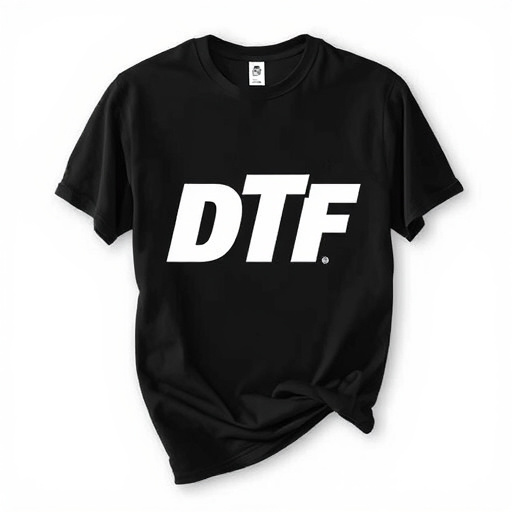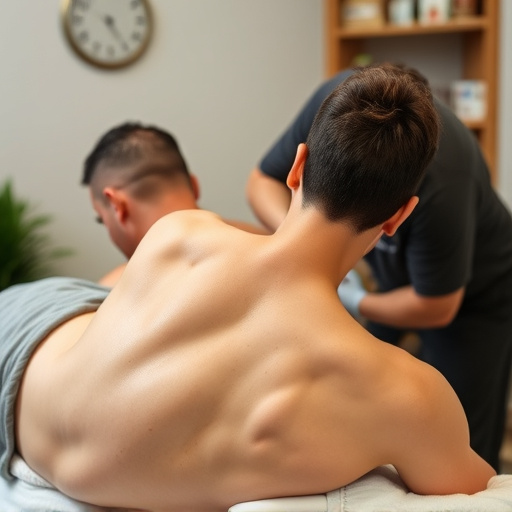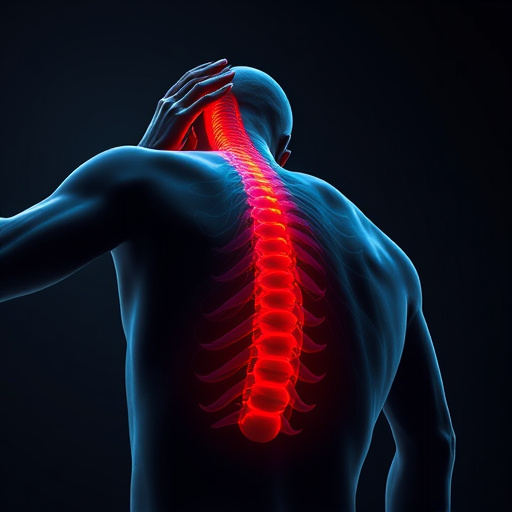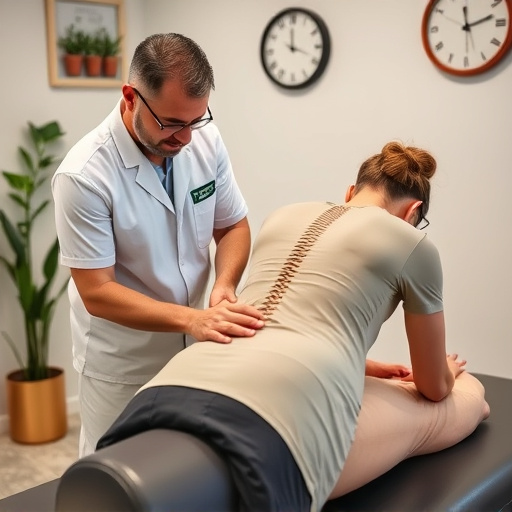When visiting an accident injury specialist for the first time, verify their credentials, areas of specialization (like sciatica or CRPS), and advanced techniques for chronic pain management. Ensure they're board-certified and affiliated with respected organizations in pain management and musculoskeletal injuries to guarantee expert care aligned with your unique needs.
When visiting an accident injury specialist for the first time, it’s crucial to ask the right questions. Understanding their expertise and qualifications, their communication style, and treatment approach can significantly impact your recovery. This guide outlines key inquiries, focusing on services, costs, and expectations, to ensure you’re well-informed. By asking about specific areas of injury specialization, board certifications, treatment methods, and the details of their packages, you’ll be better prepared to navigate your road to recovery with confidence.
- Understanding Their Expertise and Qualifications
- – What specific areas of injury do they specialize in?
- – Are they board certified or have relevant affiliations?
Understanding Their Expertise and Qualifications

When visiting an accident injury specialist for the first time, it’s crucial to gain a clear understanding of their expertise and qualifications. This includes verifying their professional background, areas of specialization, and the types of injuries they typically treat. For instance, some specialists may have extensive experience in sciatica treatment or sports injury treatment, while others might focus on mobility improvement and rehabilitation.
Asking questions about their training, certifications, and the specific techniques they employ can provide valuable insights into their capabilities. Understanding their approach to diagnosis and treatment ensures that you receive the most effective care tailored to your unique needs. This proactive approach can significantly contribute to your recovery process and overall satisfaction with the specialist’s services.
– What specific areas of injury do they specialize in?
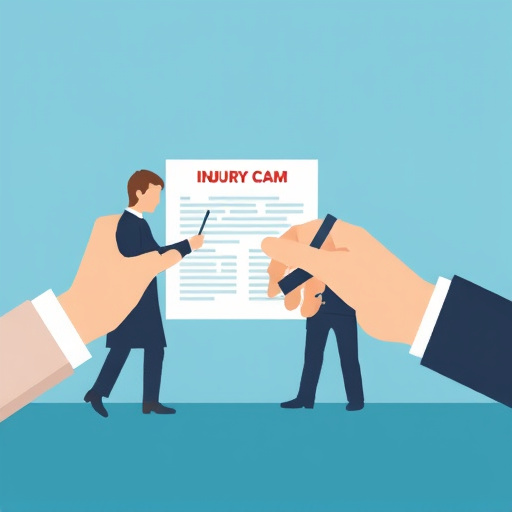
When visiting an accident injury specialist for the first time, it’s crucial to understand their areas of expertise. These specialists often have a focused practice, catering to specific types of injuries resulting from accidents. They may specialize in whiplash, back injuries, head traumas, or even complex regional pain syndrome (CRPS). Understanding their niche ensures you receive tailored care for your unique condition.
Many accident injury specialists offer advanced techniques for chronic pain management and pain relief, addressing the physical and emotional toll of an accident. Their expertise extends to non-invasive treatments, rehabilitation programs, and personalized wellness care plans aimed at enhancing recovery and improving quality of life.
– Are they board certified or have relevant affiliations?

When visiting an accident injury specialist for the first time, it’s wise to inquire about their credentials and affiliations. Look for specialists who are board-certified in their field; this ensures they’ve met rigorous standards set by their medical boards. Additionally, checking for relevant affiliations with respected organizations in their specialty can signal a commitment to staying current with the latest research and treatment methods.
Affiliations with renowned institutions or participation in professional associations dedicated to pain management and musculoskeletal injuries demonstrate a specialist’s dedication to their craft and their willingness to stay at the forefront of their industry. These credentials are vital when seeking expert care for complex issues related to accidents and injuries, ensuring you receive the best possible treatment and joint pain relief.
When visiting an accident injury specialist for the first time, it’s crucial to ask targeted questions to ensure you receive the best care. Understanding their expertise and qualifications is key; inquire about their specialization in specific areas of injury and verify any board certifications or relevant affiliations. This ensures you’re in capable hands, fostering a strong foundation for your recovery journey.






